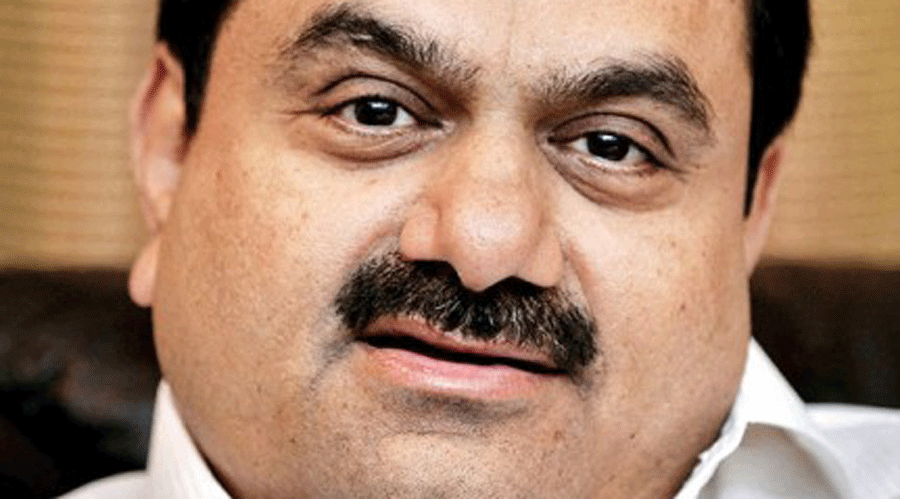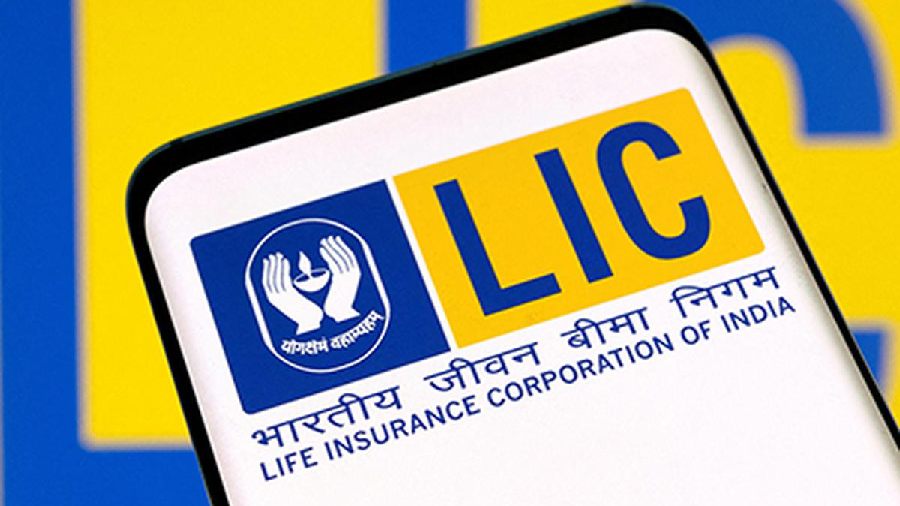The Financial Times, the London-based business newspaper, has rejected calls from the Adani group to take down a report that was depicted by Gautam Adani’s firm as a “mendacious, deliberate effort to paint the Adani group and the Adani family in the worst possible light”.
A spokesperson for the FT told The Telegraph: “The article is accurate and carefully prepared. We stand by our reporting.”
The report, “Indian data reveals Adani empire’s reliance on offshore funding”, appeared on March 22, 2023, and can still be read online on the FT website.
The Adani group demanded the story be removed in a letter to the FT on April 10, 2023.
The report began by stating: “Almost half of all foreign direct investment into Gautam Adani’s conglomerate in recent years came from offshore entities linked to his family, highlighting the role of hard-to-scrutinise money flows in financing the Indian tycoon’s business empire.”
It went on: “A Financial Times analysis of India’s FDI remittance statistics shows offshore companies linked to the Adanis invested at least $2.6bn in the group between 2017 and 2022, 45.4 per cent of the more than $5.7bn it received in total FDI over the period.
“The data underlines how funds of unclear provenance have helped Adani build his sprawling group as he expanded a trading and plastics operation into an infrastructure giant while aligning himself with Prime Minister Narendra Modi’s development agenda.
“The full extent of money flows from connected offshore entities into Adani Group is likely to be even higher given FDI data only captures a portion of overseas investment."
The FT, which has been taking a close interest in the Adani group with a string of reports, said: “In the year to September 2022, Adani Group was one of India’s biggest recipients of money officially recorded as FDI, receiving 6 per cent of inflows into the country. Of the group’s $2.5bn in catalogued FDI over the 12-month period, $526mn came from two Mauritius companies linked to the Adani family while nearly $2bn came from Abu Dhabi’s International Holding Company.
“The full extent of opaque overseas investments into Adani companies will be higher still. Official FDI statistics include neither foreign portfolio investments, which fall under a different reporting regime, nor investments in listed companies amounting to less than 10 per cent of their paid-up capital.
“Most offshore shell companies supplying FDI to the conglomerate have been disclosed as part of Adani’s ‘promoter group’, meaning they are closely tied to Adani or his immediate family.
“Experts say the role of the offshore entities make an already Byzantine corporate structure — Adani Group has hundreds of subsidiaries and has disclosed thousands of related-party transactions — even more opaque.”
The paper quoted Jonas Heese, associate professor at Harvard Business School’s accounting and management unit, who said: “Why do you make it so complex that it’s very difficult for outsiders to understand? I think that is a legitimate question to ask.”
The FT told its readers: “Adani, which strenuously denies Hindenburg’s allegations, declined to comment on why such a large proportion of its overseas funding came from companies whose ultimate source of funds was not clear. However, it said ‘all these transactions are fully disclosed in our accounts and have been since 2015’.”
The FT also said: “Experts say the opacity surrounding the Adani Group’s offshore entities is unusual for a company that relies on institutional capital for growth because established investors prefer to back companies they understand. Typically, ‘with this lack of transparency you can’t grow that fast,’ said Bala Vissa, professor of entrepreneurship and family enterprise at business school Insead.”
The Adani response
In its letter to the FT, the Adani group said: “We ask you to take down the story immediately from your website. Further, because this story has driven misunderstanding in the market and with other media, and has become a political issue, we are compelled to share this information publicly at this time. That is regrettable but could have been avoided by your reporters taking a careful and objective approach.”
It said: “Our statement to your reporter, that all the transactions about which the Financial Times inquired have been publicly disclosed, is accurate, and the story amply demonstrates that your reporters conveniently chose not to look in a meaningful way at those public disclosures or even at the related media releases (including ones that the Financial Times covered at the time).”
It claimed: “The facts are easily available and transparent. They are available through relevant securities regulatory filings that were made at the time and are a matter of public record.”
The group said it was fully compliant with securities laws and have not obscured any information regarding promoter ownership and financing. It alleged that through a misleading narrative, the Financial Times report had caused reputational damage to the Adani group companies.
The FT offered a note on its methodology at the end of its report: “The Financial Times analysed India’s ‘share-based route’ and ‘automatic route’ for FDI, under which purchases of shares or equity-like debt are reported by Indian entities to India’s central bank. For listed companies, only foreign equity investments making up more than 10 per cent of the paid-up capital are recorded. The FT also did not include a smaller government-approved foreign direct investment route, which Adani companies did not use.
“The FDI data does not capture inflows from a number of Mauritius-based funds that have previously caused controversy, because transactions by foreign portfolio investors registered in India fall under a different reporting regime.
“In the summer of 2021, media reports and Indian lawmakers raised concerns about the ownership of funds of foreign investors in Adani such as Albula Investment Fund and Cresta Fund, which invested heavily in Adani group companies. India’s securities watchdog said at the time it was investigating some of Adani’s companies in relation to their compliance with regulations but has yet to report any outcome.
“Some entities have since reduced their holdings but similar Mauritius-based funds have continued to hold investments, including the asset management arm of London-based Elara Capital, which in mid-2021 was the third-largest shareholder in Adani Enterprises, according to Capital IQ.”












